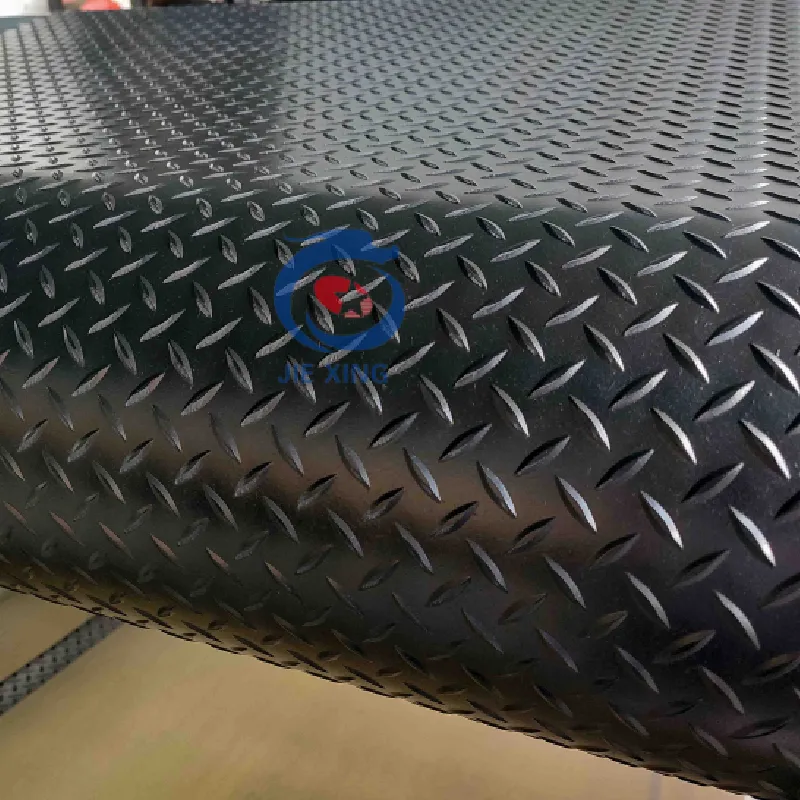automotive window seal
The Importance of Automotive Window Seals in Vehicle Performance and Comfort
Automotive window seals, though often overlooked, play a crucial role in the overall performance and comfort of vehicles. These seals are designed to prevent water, dirt, and noise from entering the vehicle's interior, ensuring a pleasant experience for both drivers and passengers alike. As vehicles become increasingly sophisticated, the quality and effectiveness of these seals become even more critical.
The primary function of automotive window seals is to provide a watertight barrier. When it rains, the seals work to keep water from seeping into the vehicle, which can lead to mold growth, unpleasant odors, and even electrical issues. A well-sealed window not only keeps the interior dry but also protects the integrity of the vehicle's structure. Metal components can rust, and electrical systems can short-circuit when exposed to moisture. Therefore, high-quality window seals are essential for maintaining a vehicle's longevity.
In addition to water resistance, automotive window seals are vital for noise reduction. As we drive, external noises from wind, traffic, and the environment can make the ride uncomfortable. Effective seals minimize this intrusion by creating a tight fit around the windows, enhancing the vehicle's overall acoustics. This is particularly important for luxury vehicles, where manufacturers strive for a serene driving experience. By investing in quality window seals, automakers can significantly improve customer satisfaction through a quieter cabin environment.
automotive window seal

Moreover, automotive window seals contribute to energy efficiency. A well-sealed vehicle helps to maintain the temperature inside, reducing the need for air conditioning or heating. This, in turn, leads to lower fuel consumption and, consequently, decreased emissions. As the automotive industry moves towards sustainability, the need for components that enhance energy efficiency becomes ever more significant. In this context, window seals play a key role in supporting the broader goal of eco-friendliness.
The materials used in window seals have evolved over the years, with advancements in technology leading to the development of more durable and effective solutions. Commonly made from rubber or thermoplastic elastomers, modern seals can withstand extreme weather conditions, UV radiation, and other environmental factors. This durability ensures that the seals perform their functions well over the lifespan of the vehicle, reducing the need for frequent replacements.
Despite their importance, window seals are often neglected during regular vehicle maintenance. It is essential for vehicle owners to be aware of the condition of their seals, inspecting them for cracks, dryness, or other damage. Investing in preventive measures—such as regular checks and timely replacements—can save drivers from costly repairs down the line. Additionally, drivers should take care to clean the seals regularly to prevent the buildup of dirt and debris that can compromise their effectiveness.
In conclusion, automotive window seals are a vital component of vehicle design that impacts safety, comfort, and efficiency. Understanding their importance can encourage vehicle owners to take proactive steps in maintaining them. As vehicles continue to advance, the role of high-quality seals will only grow, highlighting the need for innovation in this essential area of automotive engineering.
-
Under Door Draught Stopper: Essential ProtectionNewsJul.31,2025
-
Garage Door Seal and Weatherstrips for ProtectionNewsJul.31,2025
-
Edge Banding Tape for Perfect EdgesNewsJul.31,2025
-
Table Corner Guards and Wall Corner ProtectorsNewsJul.31,2025
-
Stair Nose Edging Trim and Tile Stair SolutionsNewsJul.31,2025
-
Truck Bed Rubber Mats for Pickup BedsNewsJul.31,2025
-
Window Weather Stripping for Noise ReductionNewsJul.29,2025